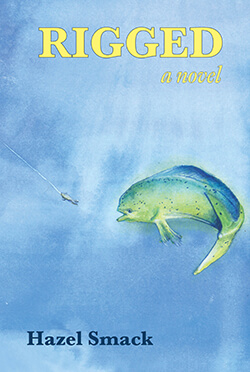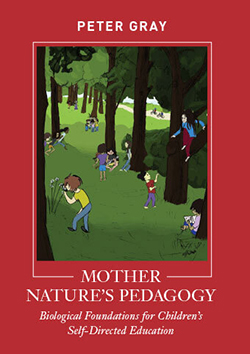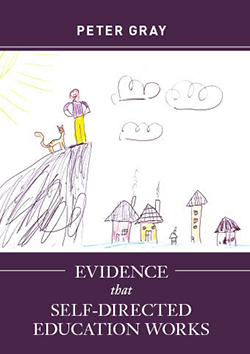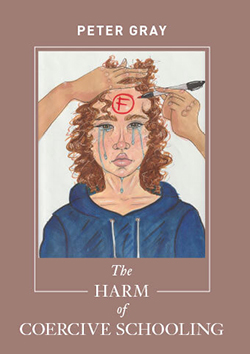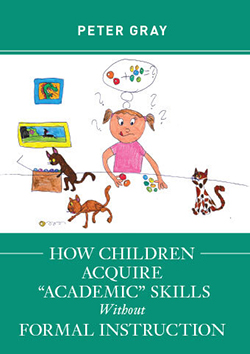
Dominique shared a tool that she has been using in community with other unschoolers to help them stay mindful and present in regards to their unschooling practice.

This session was a panel discussion with youth who attend a Liberated Learners center. Liberated Learners centers are based on the groundbreaking work of North Star: Self-Directed Learning for Teens which has been in existence since 1996.

During this offering, participants learned how to create and run an SDE program that is accessible to every family no matter their socio-economic standing. Sundiata shared the key foundational considerations needed to execute this approach based on his experience co-founding GROW, an SDE learning space in Metro Atlanta Ga.

In this session participants explored the power of knowing your Why. While life regularly presents difficult decisions about what to do next, it can be especially challenging in times of uncertainty to know and feel like you are on the right path. This interactive workshop provided 1) practical tools to assist you in anchoring to a sense of purpose that can help you create new plans and see hidden opportunities in upheaval, 2) a better understanding of where your values, skills and passions intersect in order to move in a useful direction even during uncertain times, and 3) the opportunity to continue emerging from isolation and connect with peers who may also be wondering what to do next.

Flying Squads provide young people the opportunity to make decisions in a nurturing community of human connections. This is a Q&A with members of the Flying Squad groups. They answered questions about what they do on a day to day basis and shared some fun stories.

How would you describe the influences and beliefs that the conventional model of schooling has interjected on you? In this session, Alex Bretas, a brazilian researcher and writer on the field of self-directed learning, shared his brand new book called “Schooling Beliefs: the hetero-directed and conventional education that still lives in you”. Based upon the work of authors like Ivan Illich, Yaacov Hecht and John Holt, as well as his own observations and experiences in conventional education, Alex has collected a series of 96 schooling beliefs that limit our capacity for self-directing our own learning during our lives. To raise awareness about these limiting cultural beliefs is the first step to build our way out of the educational box and, thus, live authentic and meaningful learning paths.
Alex Bretas

What is intersectional unschooling, why does it matter, and what does it look like in practice? iIn this video, participants have a heartful conversation about an orientation of unschooling that is rooted in and geared towards social justice. Why does this orientation raise so many objections? And for those of us for whom an intersectional approach to unschooling is the only way we can live it, what does that look like? We gathered to share our best practices and most troublesome ones, answered some of our most pressing questions, our insights, and our inspirations.
The Unschool Files

Several self-directed projects have taken on publishing youth content in newspapers and zines recently.

This is a video from the 2nd SDE Weekend. The panelists explored themes of intersectionality and how social Justice and racial equity shows up in SDE spaces, movements, and organising.
The Unschool Files

Issues 1 & 2 of a zine by unschoolers.

This is a video from the 2nd SDE Weekend in which we explore the following questions, and more: How do we show up in self-directed education spaces for neurodivergent people or as neurodivergent people? How can we extend our understanding of neurodiversity and hold spaces for people to be able to learn, facilitate, and be happy?

This is a video from the second SDE Weekend. Through storytelling, Lou translates her entrepreneurial and unschooling journey and inspires hope and ideas inside each individual to creatively think outside the box.

This is a video from the second SDE Weekend. Domari opened up the floor to hear from community members about their successes and struggles when it comes to their SDE journey, and getting feedback on how ASDE can better support the community and their young people on their learning journeys!

A video from the second SDE Weekend in which the speaker explores the potential role of imagination (along with accompanying playfulness and experimentation) in shaping radically different ways of relating to each other, approaching “education,” and restructuring society itself.

The first episode of a podcast about the intersections of liberation, community, parenting, deschooling and decolonization.
Bria Bloom & David Jacobo

People often ask me “how do kids learn math?” But they’re missing the better question of how children learn at all…
Mel Compo
Voice of the Children

Rebellion in Self-Directed Education
Alexander Khost

Due to the unique nature of each individual, all real learning, no matter what the setting, is individualized and Self-Directed.

“We’re not trying to hack the system in our unschooling – we’re trying to burn it down.”
Antonio Buehler

A video and transcript from The SDE Weekend discussing unschooling as an act of resistance against white supremacy, racial/gender stereotypes, ableism, and other forms oppression that centered marginalized voices.















